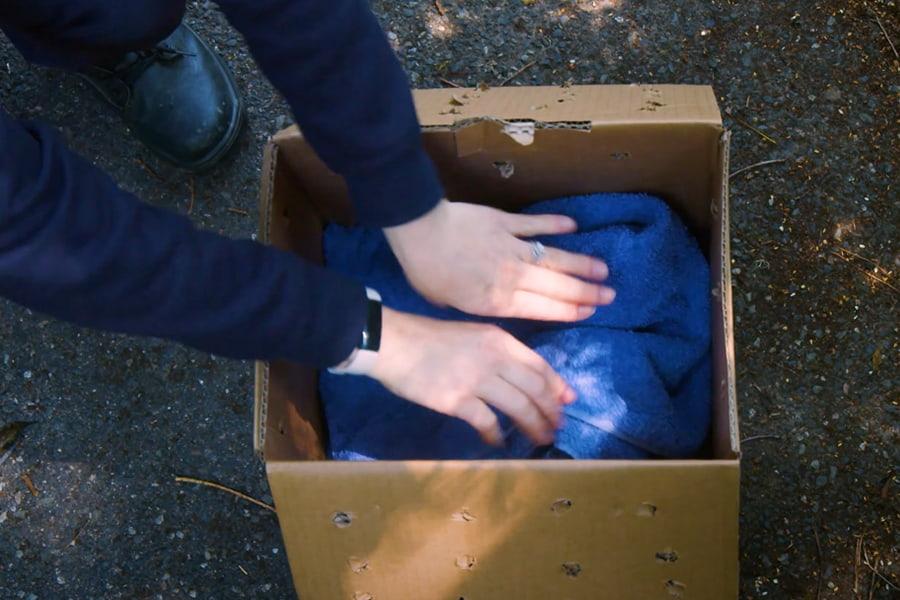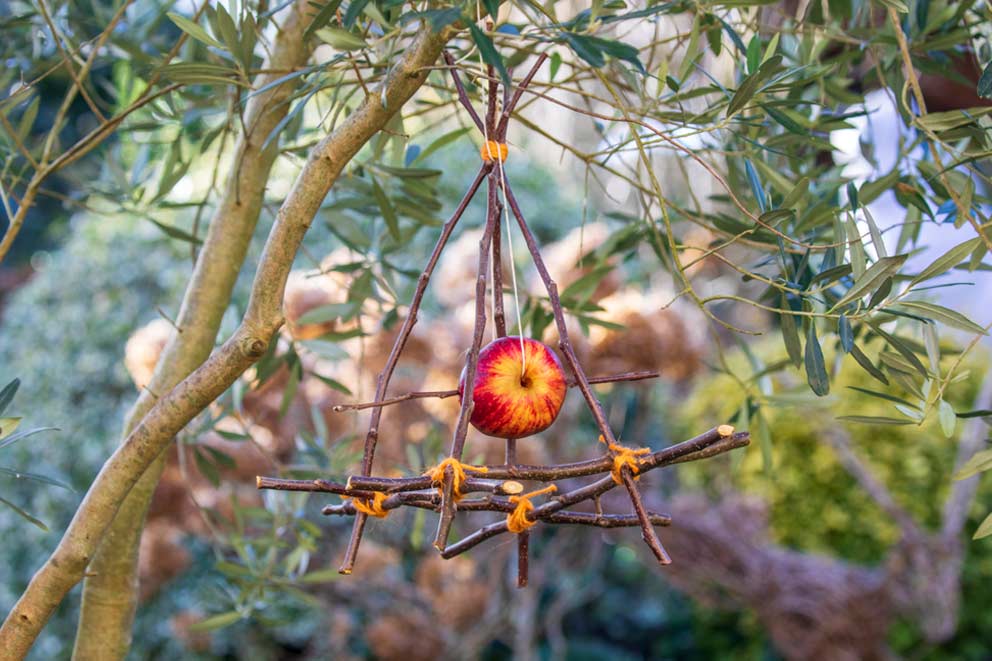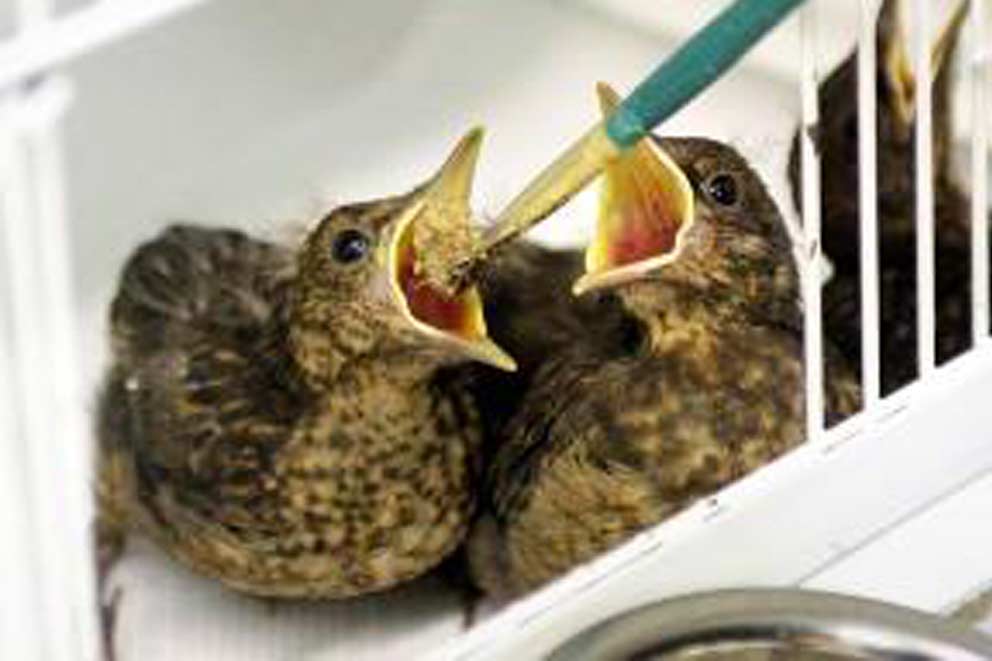Wildlife friendly gardening
UK wildlife is under threat, but we all have the power to change that. Take our quiz to find out how wildlife friendly your outdoor space is. Then join us and take a pledge to do more.
Become a wildlife friend
Choose an activity that will help you welcome more wildlife into your garden. You can make a difference, no matter how little space you have.
Become a wildlife friend
Choose from our range of easy-to-do wildlife activities and help welcome wildlife into your garden. You can make a difference, no matter how little the space you have.
Sign up for seasonal wildlife tips
Learn what to do if you find sick or injured wildlife and get seasonal tips to help wildlife in your area. Sign up to receive our Buzz newsletters.
The RSPCA Garden at Chelsea
We showcased our Sanctuary Garden at the RHS Chelsea Flower Show 2023. Our stylish and sustainable wildlife garden was generously funded by Project Giving Back and created by award-winning designer Martyn Wilson. With UK wildlife under threat, we want to inspire everyone to do more with their own outdoor spaces.
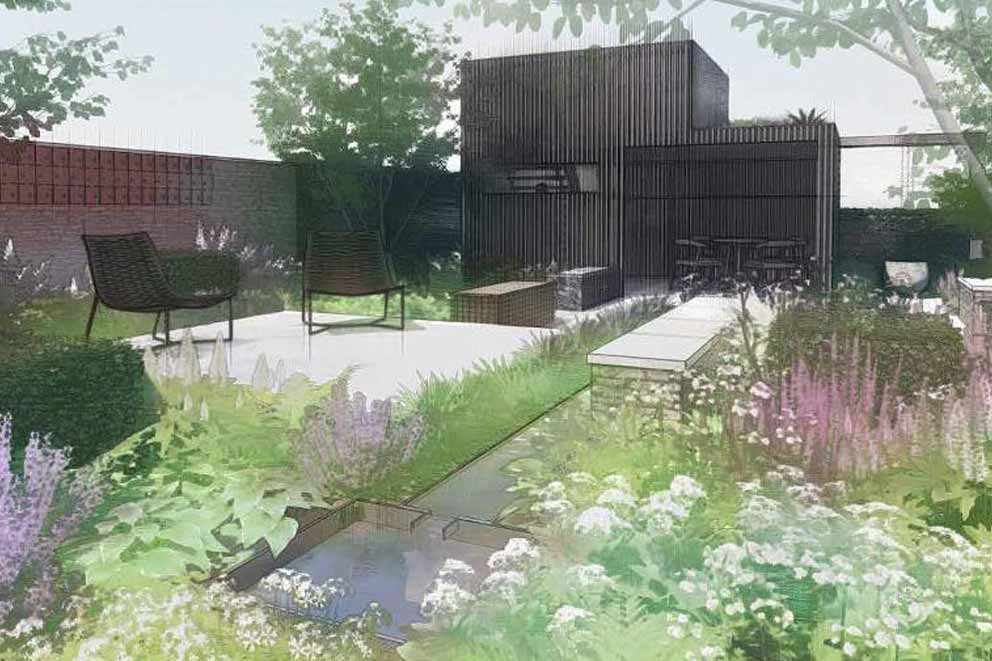
Keep your garden safe for wildlife
- Stash that netting: We rescue hundreds of animals a year that've been tangled in netting. Put sports nets away after use and make sure any nets you use in the vegetable patch or over ponds are pulled tight and checked regularly.
- Check who's hiding: Before you cut back trees and shrubs, strim long grass or clear garden waste, make sure no animals are sheltering there. Always check bonfire piles before you light them and give wildlife time to escape.
- Avoid chemicals: Using chemicals such as pesticides and weed killer in the garden destroys habitats and is bad news for biodiversity. Keep all wildlife (as well as pets and children) safe by choosing natural, organic methods.
More advice on protecting wildlife in your garden
Keep your garden safe for wildlife
Stash that netting
We rescue hundreds of animals a year who've been tangled in netting. Put sports nets away after use and make sure any nets you use in the vegetable patch or over ponds are pulled tight and checked regularly.
Check who's hiding
Before you cut back trees and shrubs, strim long grass or clear garden waste, make sure no animals are sheltering there. Always check bonfire piles before you light them and give wildlife time to escape.
Avoid chemicals
Using chemicals such as pesticides and weed killer in the garden destroys habitats and is bad news for biodiversity. Keep all wildlife (as well as pets and children) safe by choosing natural, organic methods.
Want more advice like this?
To receive more wildlife and animal welfare advice straight to your inbox, sign up to our newsletter. We'll also keep you up to date with the RSPCA and what we do.
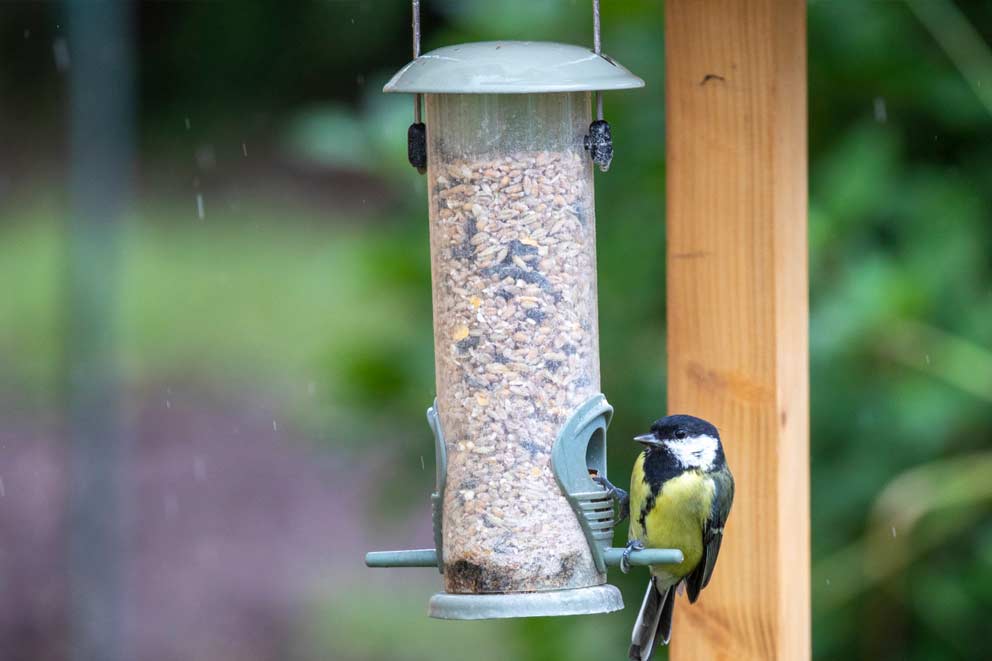
Join RSPCA #WildlifeFriend
There are loads of easy ways to get involved and help wildlife. Sign up as a volunteer and start making a difference today.









